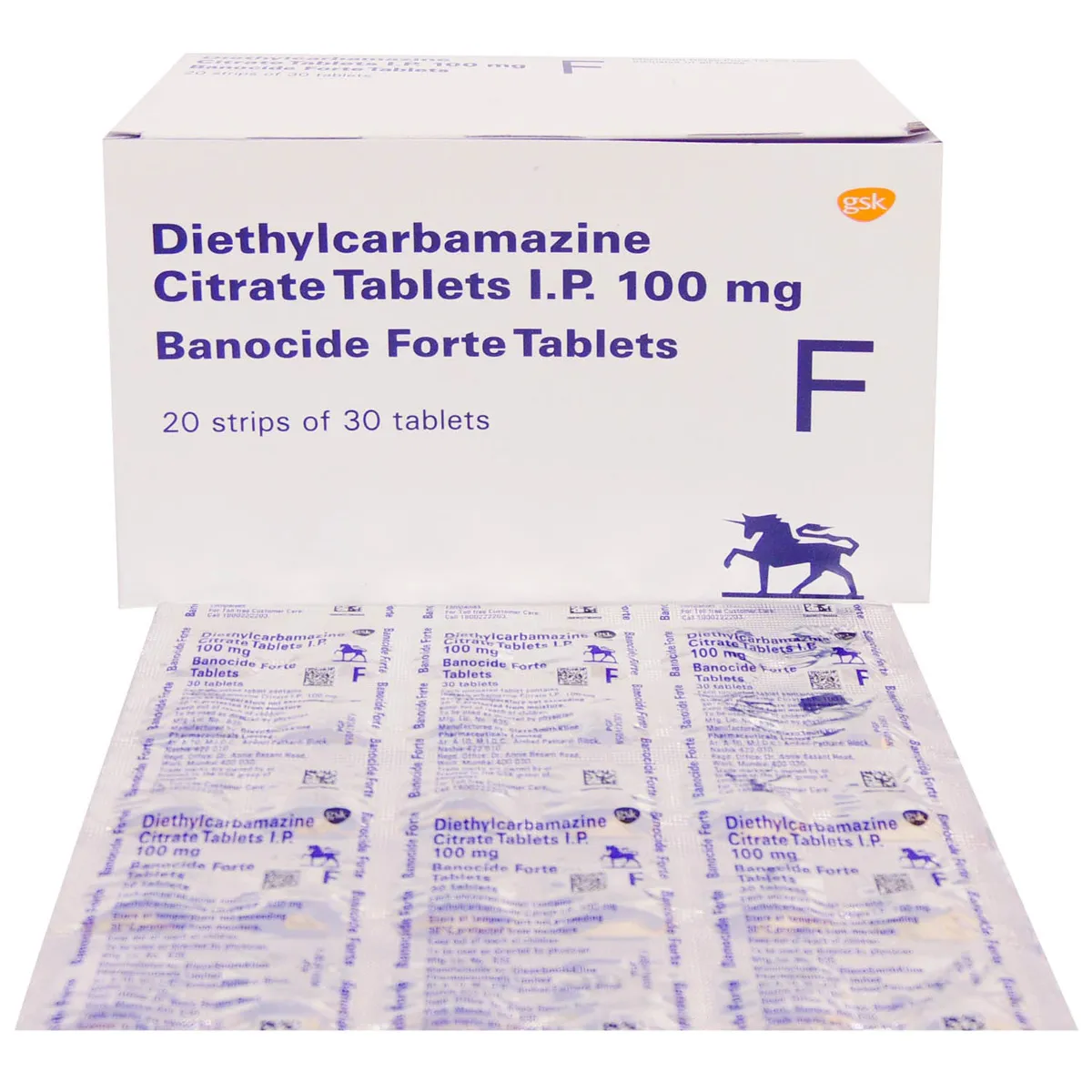In the world of fertility treatments, In Vitro Fertilization (IVF) stands out as a groundbreaking procedure, offering hope to couples striving to conceive. Crucial to the success of IVF is the administration of injections, a process that can be daunting. Let’s take a closer look How Many Injections Are Needed for IVF Treatment
What Is IVF?
In vitro fertilization (IVF) is a complex series of steps that help people become pregnant, especially if they have been unable to do so after trying for a year. IVF can also help prevent genetic problems from being passed on to children.
The IVF process involves taking mature eggs from the ovaries to fertilize them with sperm in a lab. The fertilized eggs, called embryos, are then put into the uterus, which is where babies grow. An IVF cycle generally takes 2 to 3 weeks, but some steps may be done over a longer time.
IVF is definitely the most effective type of assisted reproductive technology (ART), which is a group of treatments that help people have children. IVF can use a couple’s own eggs and sperm, or it can use eggs, sperm, or embryos from a donor. In some cases, a gestational carrier, also known as a surrogate, may be used to carry the pregnancy.
The chances of having a healthy pregnancy with IVF depend on a number of things, such as the woman’s age and the reason for the infertility. It is important to note that IVF is a time-consuming, expensive, and invasive procedure. Also, if more than one embryo is implanted in the uterus, it could result in a pregnancy with more than one baby, called a multiple pregnancy.
Understanding IVF Injections
Before discussing the How many Injections Are Needed for IVF Treatment it’s important to understand why these injections are given. IVF injections are designed to assist in the growth of a sufficient number of high-quality and mature eggs, significantly boosting the chances of a successful outcome. These injections are designed to trigger ovulation at precisely the right time as to ensure optimal synchronization for subsequent procedures like egg retrieval.
Checl out : Best IVF Centre in Mumbai | Infertility clinic | FertilTree
Types of IVF Injections
There are two main types of injections used in IVF: subcutaneous and intramuscular. Subcutaneous injections involve a small needle and are administered just beneath the skin, similar to insulin injections for diabetes. On the other hand, intramuscular injections use a slightly longer needle and deliver medication directly into a muscle. The choice between these methods depends on the specific fertility medications prescribed and individual preferences.
Factors Influencing the Number of Injections
The number of injections required during an IVF cycle is influenced by several factors, each unique to the individual undergoing treatment. Here are key considerations:
- Age: Older women typically require more eggs for successful IVF, potentially leading to a higher number of injections.
- Ovarian Reserve: The ovarian reserve, indicating the quantity and quality of a woman’s eggs, plays a crucial role. A higher ovarian reserve may necessitate fewer injections.
- Medical History: Individuals with a complex medical history or specific fertility issues may be recommended a tailored injection regimen for optimal results.
- IVF Approach: The chosen IVF treatment type, such as using donor eggs, can influence the number and type of injections required.
How Many Injections Are Needed During IVF Treatment?
Understanding the specific fertility medications used in IVF helps in understanding the types of injections involved and just how many you will need. Here are five common fertility injections and their roles:
- HMG (Human Menopausal Gonadotropin): Stimulates the ovaries to produce multiple eggs.
- FSH (Follicle-stimulating hormone): Stimulates egg production and is similar to HMG.
- hCG (Human Chorionic Gonadotropin): Triggers egg release (ovulation) from the follicles.
- GnRH Agonists: Temporarily lowers hormone production in the ovaries, preventing premature ovulation.
- GnRH Antagonists: Blocks LH hormone release, working immediately to assist with egg development.
Side Effects of IVF Injections
While IVF injections are generally well-tolerated, it’s essential to be aware of potential side effects. These may include soreness or bruising at injection sites, nausea, breast tenderness, bloating, and mild pelvic or abdominal pain. Severe complications such as Ovarian Hyperstimulation Syndrome (OHSS) are rare but can occur.
Tips For Making IVF Injections Easier
Going through an IVF journey can be emotionally challenging, and making the injection process more manageable is imperative. Here are some tips:
- Talk to a Therapist: Consider general counseling with a psychologist to navigate the emotional aspects of IVF.
- Ask Questions: Be proactive in seeking information and clarification. No question is too insignificant, and understanding the process is essential.
- Addressing Pain: If experiencing pain or discomfort at injection sites, alternate injection spots, and apply ice packs to alleviate any discomfort.
- Support and Communication: Maintain open communication with your healthcare team, share your concerns, and seek support from loved ones.
To Sum Up
So, the number of injections during IVF varies based on individual factors, treatment plans, and specific medical conditions. Understanding the purpose of these injections, the types involved, and potential side effects empowers individuals undergoing IVF to go through the process with confidence. Clear communication with healthcare providers, emotional support, and a proactive approach to the treatment journey can go a long way in making the IVF journey more positive. Hope you like above article about How Many Injections Are Needed for IVF Treatment









